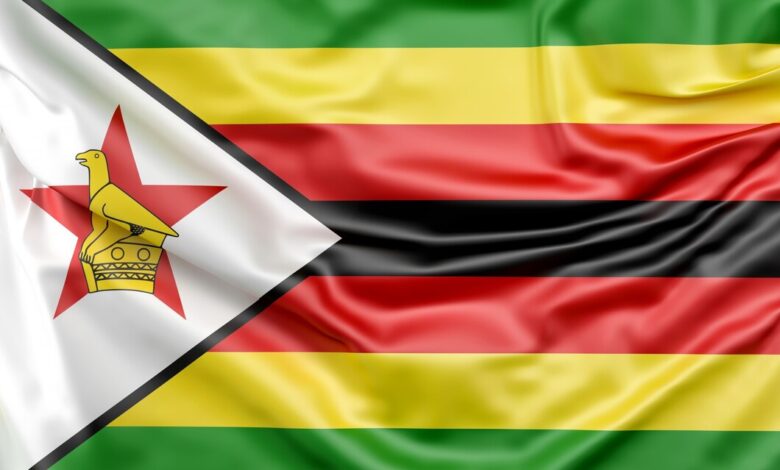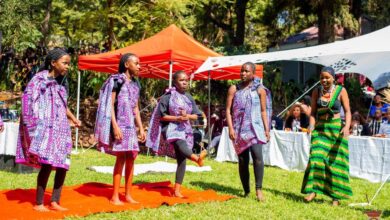Zimbabwe’s Most Popular Proverbs

Proverbs are timeless expressions of wisdom that reflect the values, beliefs, and cultural heritage of a society. In Zimbabwe, a country steeped in tradition and diversity, proverbs play a significant role in everyday communication, offering insights into life, relationships, and community. Here are some of the most cherished Zimbabwean proverbs that resonate across generations:
1. “Chitsva chiri murutsoka.”
Translation: Knowledge is like a baobab tree, no single person can embrace it.
Meaning: This proverb underscores the value of knowledge and emphasizes that it is vast and cannot be fully grasped by one individual alone. It encourages learning from others and humility in the pursuit of wisdom.
2. “Chakafukidza dzimba matenga.”
Translation: Charity begins at home.
Meaning: This proverb stresses the importance of taking care of one’s family and community before extending help to others. It promotes the idea that nurturing relationships and supporting those closest to us should be prioritized.
3. “Nzira dzemasoja.”
Translation: The paths of warriors.
Meaning: This proverb refers to the resilience and determination required to achieve success or overcome challenges. It highlights the disciplined and focused approach necessary to navigate life’s obstacles.
4. “Kudira jecha musango.”
Translation: To throw a stone in the path.
Meaning: This proverb warns against causing unnecessary trouble or conflict. It advises against actions that disrupt harmony or create obstacles for others, advocating for peaceful coexistence and mutual respect.
5. “Kunyarara kwezuva.”
Translation: The silence of the sun.
Meaning: This proverb alludes to the inevitability of truth and justice prevailing over time. It suggests that even if someone remains silent or tries to hide wrongdoing, the truth will eventually come to light and justice will be served.
6. “Rinamanyanga hariputirwi.”
Translation: The setting sun is not despised.
Meaning: This proverb encourages respect for elders and acknowledges their wisdom and experience. It emphasizes the value of learning from those who have lived longer and gained insights through their life journey.
7. “Pane nyaya inoparira muto.”
Translation: There is a story that angered a donkey.
Meaning: This proverb humorously suggests that there are situations or topics that can provoke strong emotions or reactions in individuals. It serves as a reminder to approach sensitive issues with care and diplomacy.
8. “Mhosva yemukomana haikomborerwe.”
Translation: A young man’s wrongdoing is not hidden.
Meaning: This proverb underscores the idea that youthful indiscretions or mistakes are often noticed or remembered. It advises young people to be mindful of their actions and the impact they may have on their reputation and relationships.
9. “Mvura ngainaye.”
Translation: Let the rain come down.
Meaning: This proverb expresses hope and optimism in the face of challenges. It encourages perseverance and faith that better times or solutions will come, akin to patiently waiting for the rain during dry spells.
10. “Chitsvatsvarume chikuru kufamba paunoda.”
Translation: The height of tall men is to walk where they wish.
Meaning: This proverb celebrates freedom and independence, highlighting that those who have achieved greatness or success have earned the right to choose their path and pursue their aspirations freely.
These Zimbabwean proverbs encapsulate the wisdom, values, and cultural richness of the nation. They serve not only as linguistic expressions but also as guides for ethical conduct, interpersonal relationships, and navigating life’s challenges with resilience and grace.




